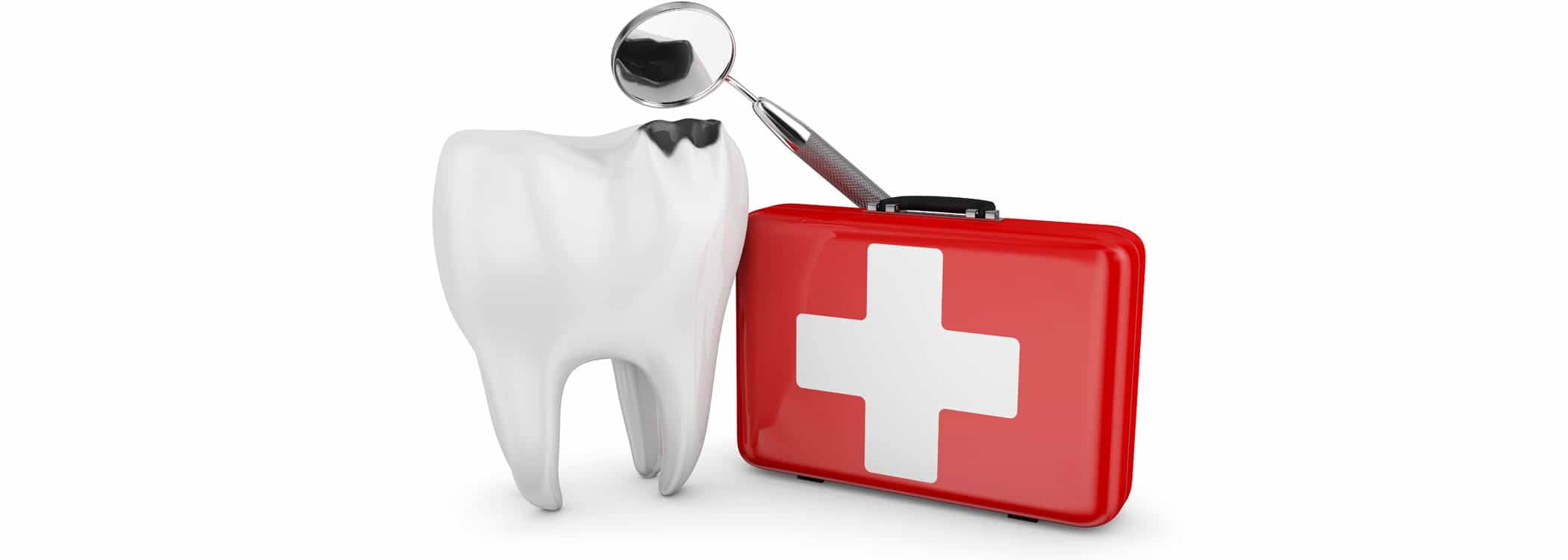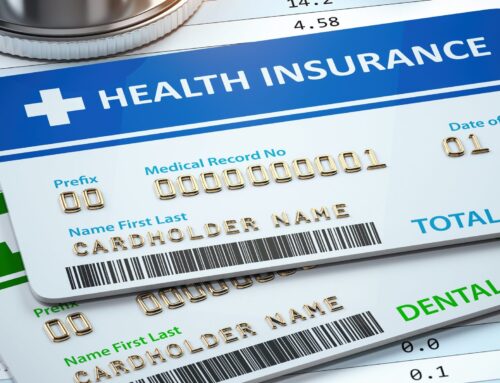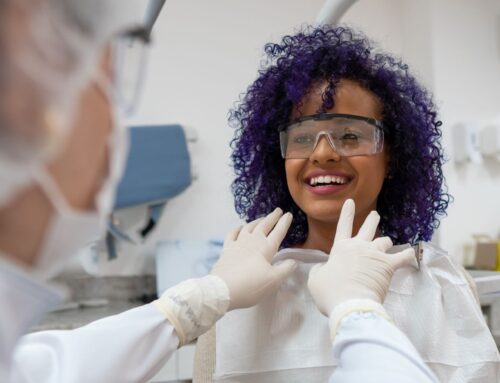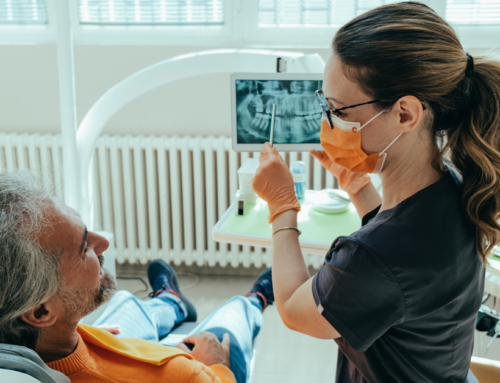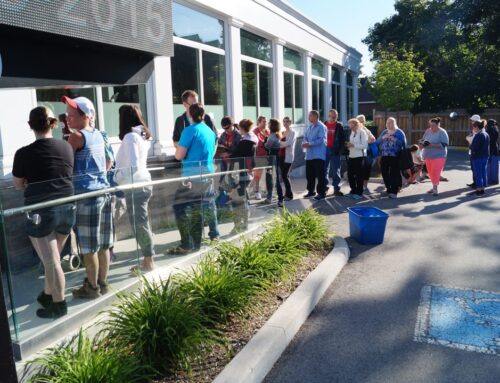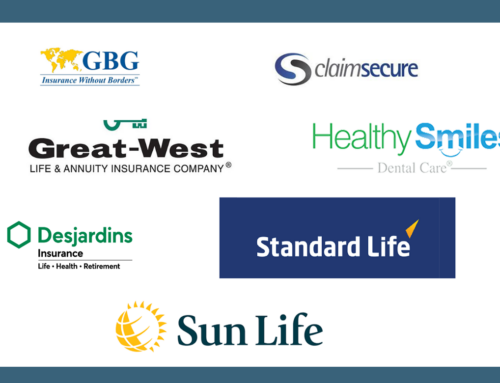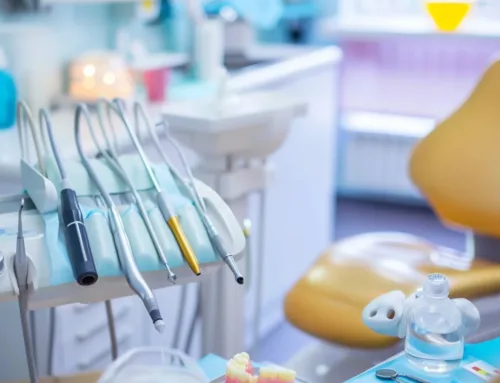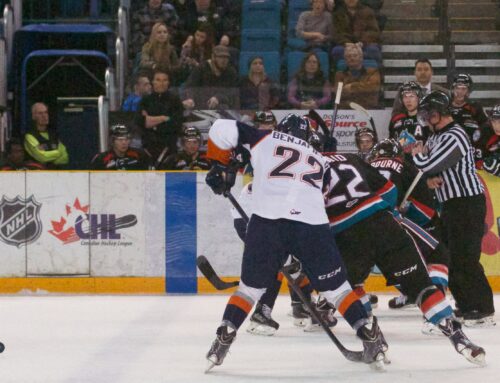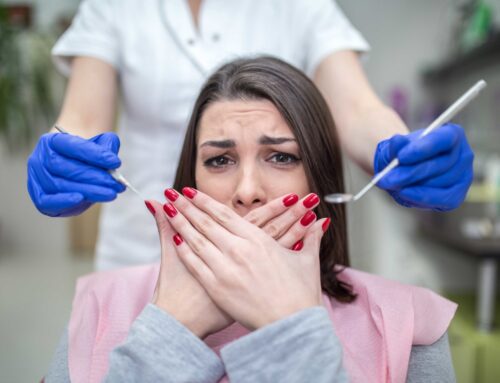When You Have a Dental Emergency, It’s Important to Know What to Do
When you have a medical emergency, chances are you have a pretty good idea what to do. You’ll apply some first aid, call your doctor or nurse practitioner for advice, or pay a visit to your local clinic or emergency room. But what do you do when you have a dental emergency?
Before we go any further, it must be emphasized that in the case of serious life-threatening injuries, or danger to yourself or others, contact 911 immediately.
It’s important to be familiar with what constitutes a dental emergency, and how to handle them when they occur. First aid for dental problems requires slightly different approaches than other types of medical emergencies, and who you call and where you go can be different in these situations.
In this article, you’ll learn how to be better prepared in the case of a dental emergency and ensure that the problem or injury receives the best care.
First, let’s take a look at the different types of conditions or situations that can be considered dental emergencies, as well as some of the warning signs to look for that may not be quite so obvious.
What Constitutes a Dental Emergency?
The most common types of dental emergency are usually related to accidental impacts from falls or aggressive sporting activities. A sudden impact or fall can cause teeth to become loose or even fall out if the impact is hard enough. Other potential injuries cause by impacts can include damage to the jawbone or gum tissue in the mouth.
An impact that causes teeth to feel loose or sore but does not result in severe pain or lost teeth can be monitored at home until a dentist appointment can be arranged but may not be cause for an emergency visit. However, if the pain persists and becomes more intense, if the teeth fall out, or if there is bleeding or tissue damage, then an emergency visit is needed.
Broken or chipped teeth can also be cause to seek emergency dental care, especially if the root is exposed or the crack begins to grow bigger. An exposed root can be extremely painful for the patient and should be cared for immediately. Cracked teeth should be replaced or repaired as soon as possible to avoid leading to more severe problems.
Warning Signs of Other Serious Dental Problems
Other reasons for emergency dental care relate to sudden intense pain or soreness that has no apparent cause. Toothaches that remain constant or increase in severity without any sign of improvement are another reason why an emergency dental appointment may be needed.
Unexplained pain, bleeding from the gums, or any sudden and drastic changes to your teeth or mouth should be examined by a dentist immediately, as they could be due to a multitude of factors relating to your oral health. For example, gum disease and infections can be quite serious and exhibit these types of symptoms if left untreated.
Oral cancer is also something that needs to be checked for, if you have any unusual lesions, or sores in your mouth that aren’t going away, we have oral cancer screening services to catch it early.
If you are ever in doubt about what you should do, there are resources available to assist you and provide the guidance you need to make the right decisions on what to do next.
What to Do When You Have a Dental Emergency
Call us 24-7 at 705-739-6725, however, as mentioned at the beginning of this article, for serious injuries do not hesitate to call 911 or go directly to your closest emergency room.
For injuries that don’t pose an immediate threat, or are less severe, there are several options for dental related emergencies. Your dentist office may have an emergency contact line where you can speak with a dentist and get advice on what to do. They will be able to tell you if you should visit their dental clinic or go to the emergency room at your local hospital for treatment.
When you aren’t sure if it is an emergency, and you are unable to access support through other methods, the Government of Ontario also provides additional telephone support through the Telehealth Ontario program, where anyone with a medical concern may speak with a registered nurse and get advice on what to do. Visit the Telehealth Ontario website for more information on the services they provide and their toll-free contact numbers.
When to Go to the Emergency Room
For injuries that result in a great deal of pain and you’re unable to see a dentist for emergency treatment, the best course of action is to head to the emergency room at your nearest hospital. They will be able to treat your injuries and provide appropriate pain relief as deemed necessary and will be able to bridge the gap until you are able to see a dentist or dental surgeon for further treatment.
First Aid for Lost Teeth
In the case of a lost tooth or teeth, there are a few steps that you can take to provide first aid that can help save the teeth and provide a greater chance that the tooth will be able to be replaced in the mouth to heal properly.
First, try to locate the lost tooth as quickly as possible if it has exited the mouth as a result of an impact. Pick it up only by the crown and avoid touching the root.
Rinse the tooth off briefly with cold water, and gently attempt to replace the tooth in to the open socket of the mouth.
Use a cloth, gauze, or a mouthguard if one is available in order to keep the tooth in position and stable until you can see a dentist.
Call your dentist and arrange an emergency appointment as soon as possible. If you have no other options, visit your hospital emergency room for additional treatment and advice.
Minimize Risk of Dental Injuries
Since sports are a leading cause of dental injuries and result in many lost teeth each year, it’s important to be aware of ways you can minimize your risk when engaging in physically demanding activities.
First, get a sports mouthguard and wear it consistently whenever you are playing sports or engaging in physically demanding activity. There are off-the-shelf mouthguards that are inexpensive and provide adequate protection, however for the highest level of protection you should consider a custom mouthguard.
Custom mouthguards are precisely crafted to provide security and stability for the unique shape and position of your teeth. Talk to your dentist at your next visit and they will provide the most appropriate mouthguard for the types of activity that you engage in.
Take Care and Be Aware
Just like any other aspect of your health, it pays to take care of yourself and be aware of the risks associated with physical activities. Of course, there’s no way to predict when or where an accident will occur, so a little learning about what to do in an emergency can help prepare you for when an unexpected injury happens.
When you or someone you know experiences a dental emergency such as a lost tooth or a sudden painful impact, you’ll now be aware of what to do to help ensure that care is given quickly and properly. Be sure to share this information with friends and family and help spread these helpful tips with others.
If you or someone you know is in need of emergency dental care, contact the team at Georgian Dental® immediately at 705-739-6725 to arrange your emergency appointment in our Barrie or Orillia clinics.
Appointment Request
If you’re interested in any of our procedures, and would like to meet with one of our dentists to discuss options, costs and get additional information, complete this short form and we’ll give you a call to arrange for a no-obligation appointment at our Barrie clinic.
